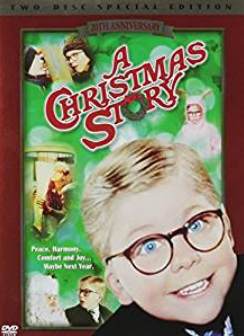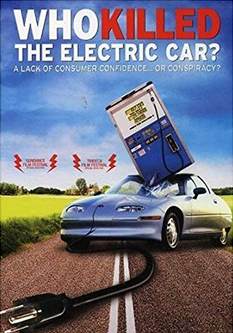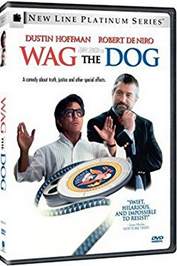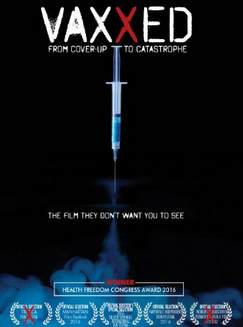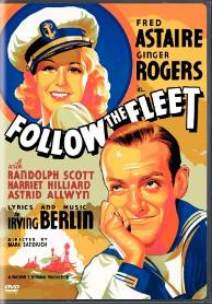Ultimate post-911 feel-good holiday movie (9/10)
 All you need is love. — The Beatles
All you need is love. — The Beatles
You look at the IMDb entry for Love Actually and you think they must have spent a year assembling so large a cast of quite competent working actors from stage and screen—I swear there are 100+ names on the list—not to mention acquiring the services of all the stars. Anyway, regardless of how one feels about the acting profession, one has to hand it to all the beautiful people in this film for doing a first rate job in conveying a dozen separate love stories… not to mention kudos to the director for weaving them together so seamlessly.
Thus credit goes primarily to the director/writer, Richard Curtis, who has written such fine English fare as Four Weddings and a Funeral, Notting Hill, and Bridget Jones’s Diary. On this occasion he also directs, and from the DVD extras we learn he was highly motivated to counter the negative energy from the 911 attacks —negative whether one believes the official conspiracy theory of 911 or the evidential alternative conspiracy theory(s) of 911. And Curtis sought to do so explicitly through the healing energies of love and music in the lives of real people. The soundtrack itself brings your spirit to a special place.
The movie begins with actual video footage taken at the Heathrow Airport arrival gates of people of all shapes, colors, and sizes embracing one another. The caring yet confident voice of Hugh Grant, playing the newly elected prime minister of England, fades in with words that prove to be the movie’s overarching theme: Continue reading

